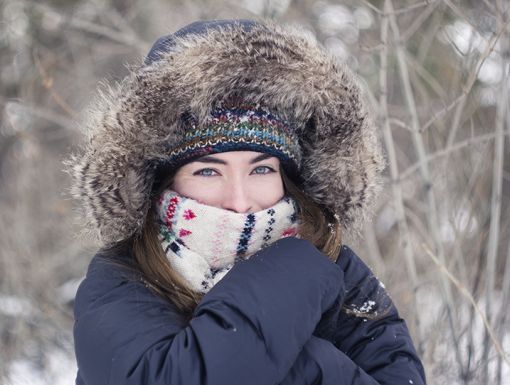
Syncing Our Bodies with Time Change
We all have an internal clock, better known as the circadian rhythm. That rhythm is the 24-hour internal clock that helps regulate our sleeping and feeding patterns. Twice a year, we have to adjust our internal clocks due to the time changes known as daylight saving time and fall-back.
For 2022, daylight saving time ends at 2 a.m. on Sunday, Nov. 6, meaning some people might wake up rather confused if they forgot to set their clocks back an hour. (Good news: Your smart phone adjusts itself). The upside to this is you gained an extra hour of much-needed sleep. The downside is it may take awhile to get your body re-adjusted.
"Falling back'' is definitely much easier on the body than "springing forward," but it can still cause some issues. Most people don’t realize that light interacts with our internal clock and serves as a cue for our bodies to wake up. If you’re one that needs a full eight to 10 hours of sleep, finding a way to block the earlier morning sunlight outside your bedroom is important.
On the flip side, there is a great health benefit to earlier light, that is if you take advantage of it. Mornings are usually very hurried as we rush around getting ready for work or taking the kids to school. With earlier days, there’s more time for morning exercise and exposure to sunlight, which keeps our internal clocks in sync. Think about establishing a daily exercise routine, which can help you sleep more soundly and is beneficial to your overall health.
While this time change brings earlier light, it also means darkness comes earlier. That change can be concerning when it comes to those who suffer from dementia or Alzheimer’s. They may experience “sundowners” syndrome, which can cause confusion and agitation once the sun goes down. It is important for caregivers to account for the time change to avoid problems such as roaming about the house or going outside during odd hours. Simple things like keeping the room well lit during the day even when it’s dark outside are helpful tips. You may also need to have someone check in on your loved one more often to ensure their safety.
You may feel a little off the first week of fall back, but don’t fret. Our bodies can easily adjust quickly and painlessly.
Learn more about internal medicine at Ochsner.


